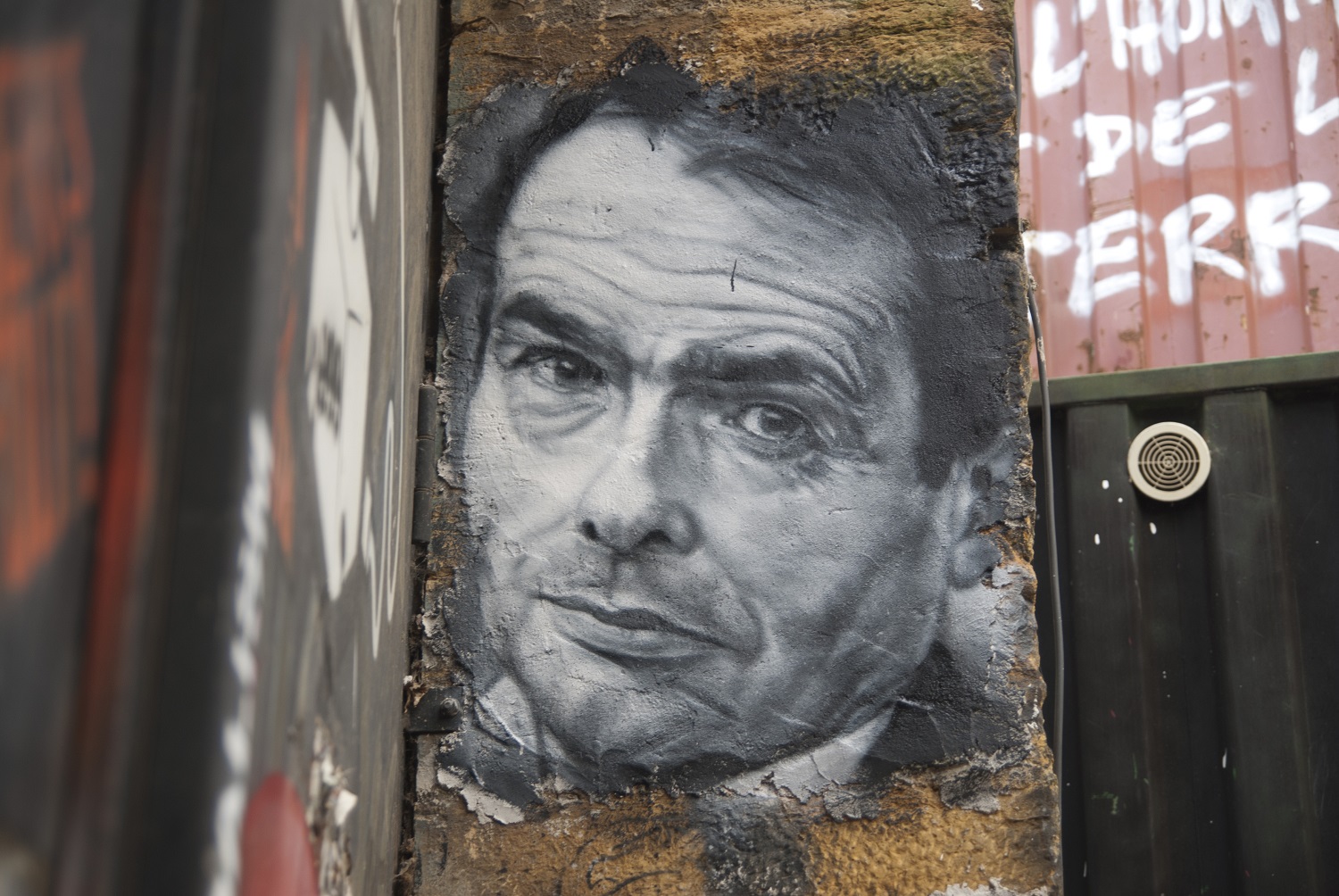The Political Gift Economy
Economies fall into one of several categories: market, barter and gift. In market and barter economies, exchanges are made contemporaneously between the parties, in one case for money and in the other for acceptably equivalent goods or services. In gift economies transfers are made without an explicit agreement for a return, either in the present or the future. These economies rely on honor or shame or some similar non-cash basis that creates an obligation for the donee to provide something of equivalent or greater value to the donor at some other time. Bourdieu studied a gift economy in his early field research. He observed that exchanges are driven by self-interest like any other transaction. According to David Swartz in Culture and Power: The Sociology of Pierre Bourdieu, Bourdieu says that these practices would not occur if people saw them as motivated by personal interest.
“The operation of gift exchange,” for example, “presupposes (individual and collective) misrecognition (meconnaissance) of the reality of the objective ‘mechanism’ of the exchange.” P. 91.
Isn’t this a perfect description of our legislative economy? Politicians and their staffers do favors for rich people. That translates to giving gifts to rich people, gifts that only governemnt can give such as favorable laws and regulations, litigation positions, and choices not to prosecute. Politicians and staff do not see themselves as self-interested, and do not have enforceable expectations of a return. The rich do not see themselves as doing anything wrong. They don’t make a promise of any return of the gift, and there is nothing to force them to do so.
Then, when government officials retire, the rich give them lavish gifts , meaningless jobs, exorbitant speaking fees, positions in the non-profit sector. These gifts are justified on other grounds, such as expertise or influence. But they are still gifts.
Each side hides the reality of the situation from themselves and from their opposite numbers, and from the public. The task of hiding reality falls to third parties, mostly lobbyists, lawyers, and public relations firms, and a cadre of people labeled as scholars or experts. The lobbyists and lawyers come up with fake justifications for the favored policies. The scholars create rationales that fit some version of the conventional wisdom. The PR teams translate those into pretty words. These are fed to donors and staffers and the politicians who mouth them to the public as their positions and justifications.
The rich people get to pretend, and may even believe, they are doing the right thing, because after all their experts support them. The legislators and staffers get to pretend, and may even believe, that they are acting in the public interest. The media report these lines as if they constituted genuine public discourse. In so doing, the media helps conceal the gift economy from the public. And the courts pretend this is normal. There is no quid pro quo by definition, so therefore there is nothing illegal.
The whole thing depends on the misrecognition of what’s happening. The people who see through it, and there are plenty, are either attacked as naïve or stupid, or completely ignored.
Bourdieu says that the role of the sociologist is to detect the underlying principles of this kind of economy through statistical analysis. Maybe it’s time for someone to apply his ideas, or similar frameworks from other fields, to look at this form of corruption. Until then, we have an explanation for how people avert their eyes from Zephyr Teachout’s principle that corruption is the use of public position for private gain.

